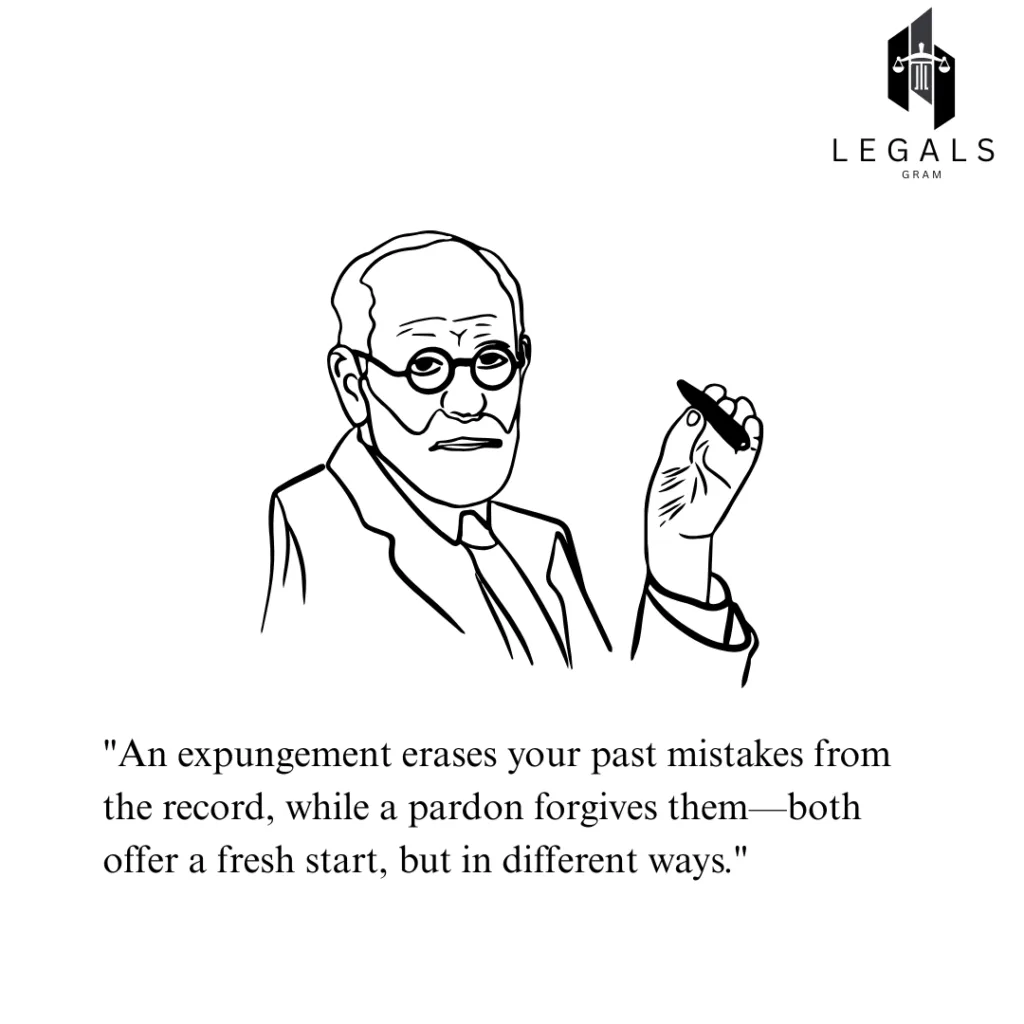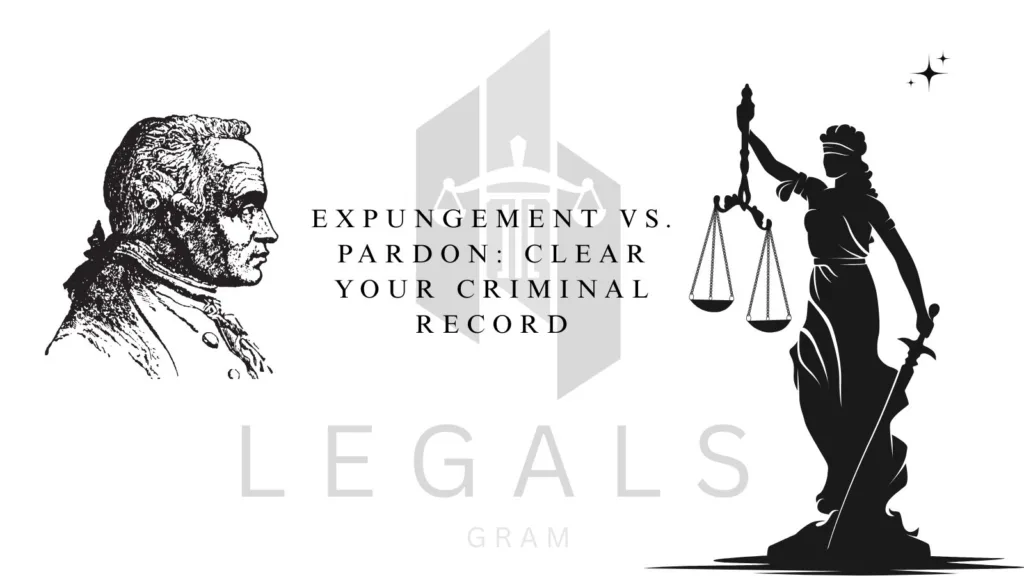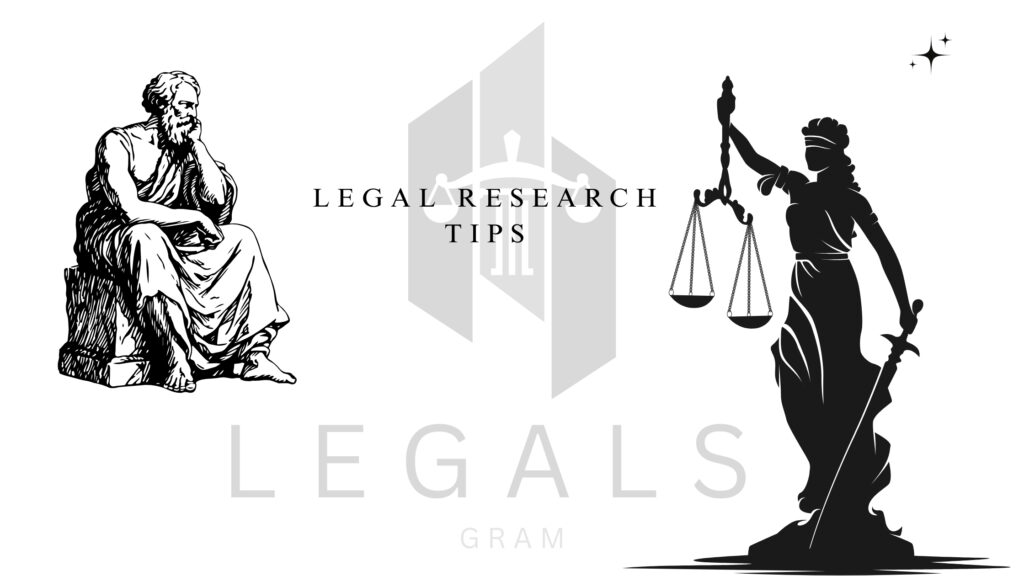You know that dropping out feeling when somebody runs a background check? It could be a job that you desire. Or an apartment you had a dream about. You and that ancient goof are always hanging together.
I have seen friends stumble with this very issue. The good news? There may be methods to clean your record. There are two principal routes: expungement and pardons. However, this is where it gets tricky– they operate quite differently.
What Is Expungement?
Expungement is like hitting the delete key in your criminal record. Not really, but near. By obtaining expungement, a court seals or destroys your conviction. The law looks at it as though nothing ever happened.
An expunged record will not be visible to most employers in the background checks. Nor are landlords or schools. Most applications allow you to truthfully answer no to criminal history.
However, there are certain government positions in which you may still need to reveal the cleansed records. Law enforcement jobs do indeed belong to this category.
Who Can Get Expungement?
The rules are varied across states. Common requirements may involve:
- Fulfilling your sentence (with probation)
- Waiting until a specific number of years
- With no fresh arrests
- Hit certain crime type thresholds
Small drug possession or minor theft usually counts as such. Such serious crimes as murder or sex crimes? Normally ineligible.
What Is a Pardon?
Pardon functions differently. Your crime is pardoned by the governor or the president. Society has forgiven you, but you remain guilty.
Your record remains visible. The conviction will still be evident in the background checks. But they will also exhibit the pardon. This would assist in explaining your case to employers or others.
Consider it in this way: expungement cleans the board. A pardon leaves everything written, and then, in big letters, they put the word forgiven.

Getting a Pardon
Expungements are easier to obtain than pardons. Generally, you require:
- Prove that you made changes in your life
- Showing good works or community service
- Wait years after your sentence
- Make complete applications with references
It is a months- or years-long process. The success rates also fluctuate on a state-by-state basis.
Which Option Is Better?
This is where I often struggle to give advice. It will depend on your circumstances.
Select expungement in case:
- It is permissible in your state to commit your type of crime
- And you want the cleanest, freshest start possible
- You are seeking employment in the private sector
- You fall within existing laws
Consider a pardon in case:
- Your offense does not qualify to be expunged
- You want government employment (they will detect records anyway)
- You wish to share your entire redemption story
- Your state does not have expungement
The Reality Check
Now I want to tell you something that irks me. Neither is guaranteed. Expungement requests are often denied. Most pardon applications are turned down by governors.
You can waste money on lawyers and applications and end up rejected. That is the bitter reality, no one wants to hear.
However, nothing will ensure that your record remains where it is.
Steps to Take Right Now
The first thing you should do is find out what is really on your record. Get an official copy from your state. In some cases, there are corrections that can be made on the record.
Then look into the laws of your state. Recently, some states have been broadened in expungement. In case of other crimes, there are automatic processes.
You may want to hire an attorney specializing in record clearing. Yes, it is expensive initially. Yet they understand what programs work and how to pitch your case.
Time Matters
This is something that I was surprised about, as I was assisting friends with this process. The timing is the breaking and making factor of your application.
Other individuals are quick to seek employment immediately when they are out of jail. Bad move. Courts would like to see that you have been clean for years.
Others take too much time, missing deadlines or changes in statutes. The waiting periods in each state vary.
The Emotional Side
Living with a criminal record is tiresome. You hesitate to apply to any job. I wonder whether or not people are judging you. Doubt that you will ever make any progress.
Such sentiments are normal. Having your record cleared is time-consuming, and patience is the key. However, it is better to do something instead of nothing.
The future does not need to be a continuation of your past. With a proper attitude, you can make positive strides towards a new beginning.



